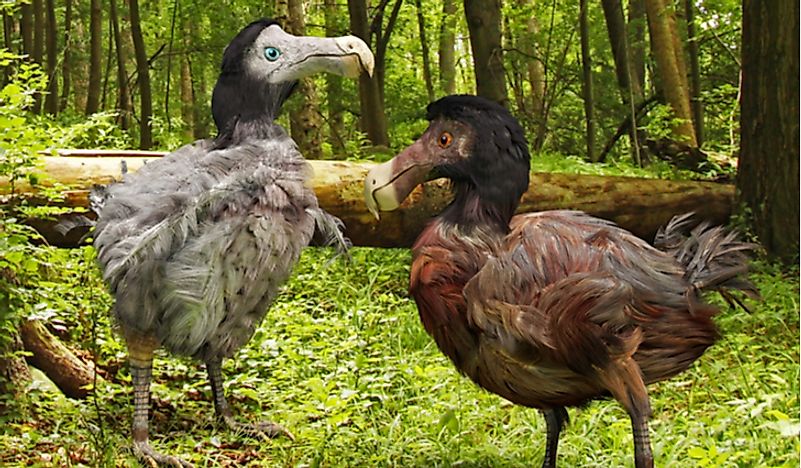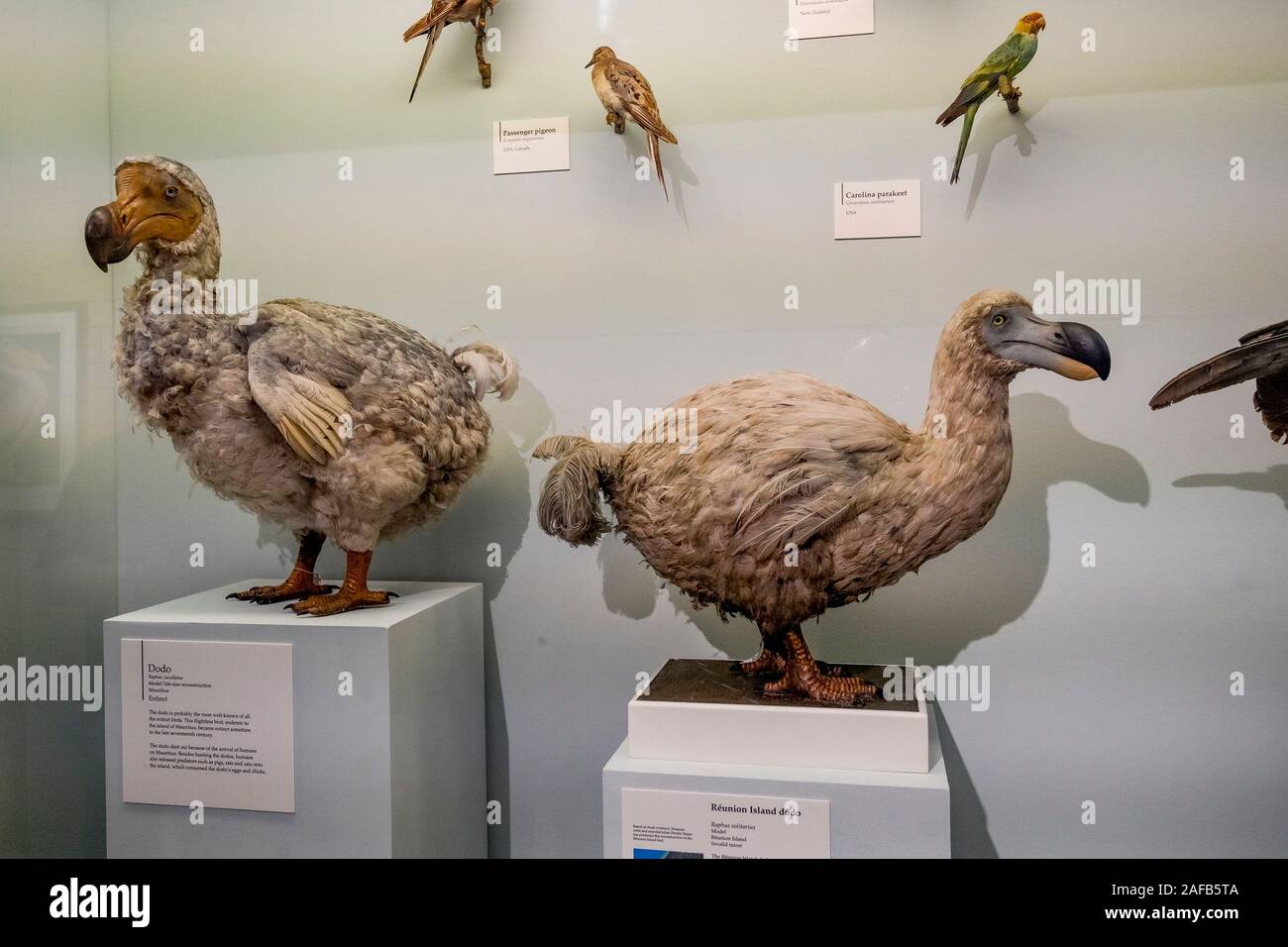Dodo birds survived many hostile conditions and climatic catastrophes including drought and volcanic eruptions it was only the arrival of humans on their island home that led to their extinction

Dodo Birds: Resilient Island Survivors Before Human Arrival
Introduction
The dodo bird, native to the island of Mauritius, was a fascinating and resilient creature that ultimately met its demise due to human intervention. Despite facing numerous hostile conditions and climatic catastrophes such as drought and volcanic eruptions, it was only upon the arrival of humans that this extraordinary species faced extinction. This article delves into the remarkable survival skills of the dodo bird before human interference disrupted its existence.
Adaptation to Harsh Environments
The dodo bird, scientifically known as Raphus cucullatus, evolved in isolation on the remote island of Mauritius in the Indian Ocean. This isolation forced the species to develop unique adaptations to survive in the face of various challenges. One of the key challenges the dodo bird encountered was the lack of freshwater sources during periods of drought. Despite this scarcity, the dodo bird remarkably managed to adapt and survive by consuming succulent plants and fruits that retained moisture.
Additionally, volcanic eruptions presented another danger to the dodo bird’s existence. These catastrophic events could disrupt the bird’s habitat, destroy its food sources, and potentially lead to the loss of nesting grounds. However, the dodo bird possessed the ability to disperse to safer areas of the island to escape the immediate danger presented by volcanic activity. This adaptability demonstrated the species’ resilience in the face of natural disasters.
The Arrival of Humans
The arrival of humans on the island of Mauritius during the 17th century marked a turning point in the fate of the dodo bird. Unfortunately, this remarkable species was ill-suited to withstand the impacts of human activities. The dodo bird had evolved in the absence of any natural predators on the island, resulting in a lack of defensive mechanisms. This made the species particularly vulnerable to the hunting practices of humans and their introduced animals, such as rats, monkeys, and dogs.
Furthermore, the dodo bird’s reproductive strategy, which involved laying a single egg in a ground nest, proved ineffective in the face of human encroachment. Humans contributed to the destruction of their nesting sites, leading to a decline in hatching success and further impacting the species’ ability to recover its declining population.
Conclusion
The story of the dodo bird serves as a reminder of the delicate balance between human actions and the survival of unique species. Resilient to various hostile conditions and climatic catastrophes, the dodo bird thrived on the island of Mauritius for millions of years. It was only upon the arrival of humans and their subsequent impact on the environment that this fascinating creature could not endure. Let the fate of the dodo bird serve as a lesson, reminding us of our responsibility to protect and preserve the biodiversity that surrounds us.
Source
For more information on the dodo bird, please visit: Smithsonian National Museum of Natural History
Tags
Share
Related Posts
Quick Links
Legal Stuff



